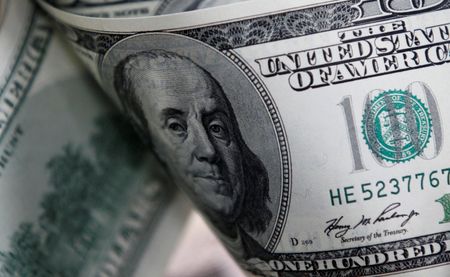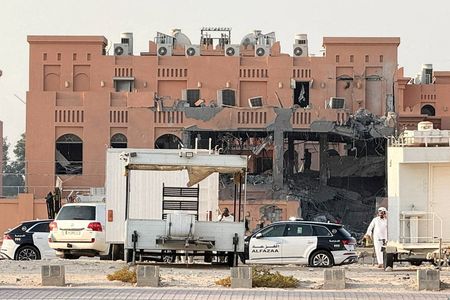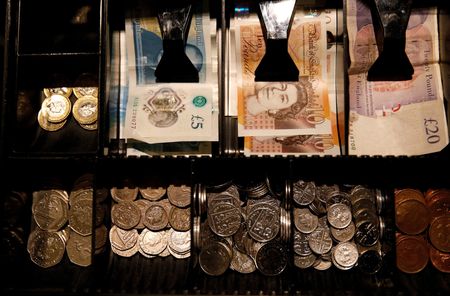By Maria Martinez and Christian Kraemer
BERLIN (Reuters) – Germany’s cabinet on Wednesday agreed a draft law aimed at strengthening Germany’s attractiveness as a business location by improving financial conditions for small businesses and startups, as well as a tax break for commuters and restaurants.
In addition, more capital was to be directed into infrastructure projects and renewable energy, the draft law seen by Reuters showed.
The plans are part of the government’s efforts to revive Europe’s biggest economy after two years of contraction.
The draft law states that access to financing is crucial for innovation and private investment to boost growth.
The tax framework for venture capital will be improved to support startups and initial public offerings. The draft law also includes the option of using English-language prospectuses when issuing securities to facilitate EU-wide distribution.
The minimum nominal value of shares is also to be reduced to one cent, from the current one euro, to align with international standards to ensure Germany is as flexible as a venue for IPOs.
Certain audit, reporting and notification requirements will also be abolished to reduce bureaucratic hurdles.
The cabinet also gave the green light to a tax amendment bill that will expand the commuter allowance and reduce value-added tax next year on food in restaurants to 7% from 19%.
The commuter allowance of 38 cents per kilometre between home and workplace is intended to promote mobility, especially in rural areas.
The VAT cut for restaurants aims to support a sector that suffered massively during the coronavirus pandemic. Restaurants can pass the reduction on to customers or keep it and invest in their business.
“Decisions depend on market conditions and are at the discretion of the companies concerned,” the draft law said.
According to the draft, the measures would lead to tax revenue shortfalls of 4.8 billion euros ($5.6 billion) in 2026. For the years 2027 to 2030, annual shortfalls between 5.7 billion euros and 6.1 billion euros were expected.
($1 = 0.8548 euros)
(Reporting by Maria Martinez and Christian Kraemer, Editing by Miranda Murray and Alex Richardson)











